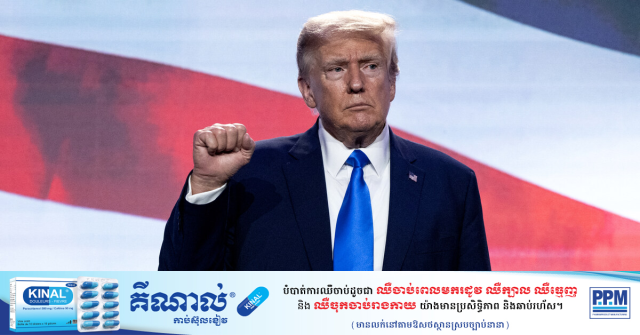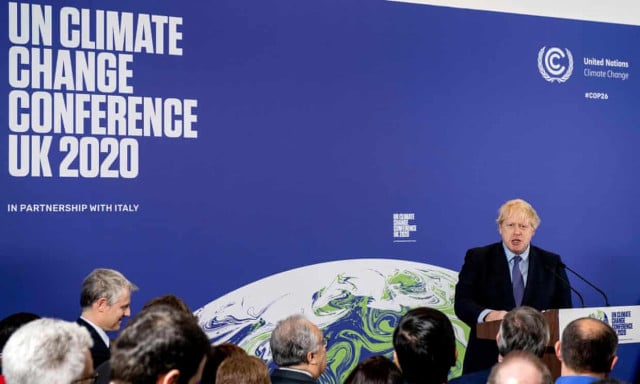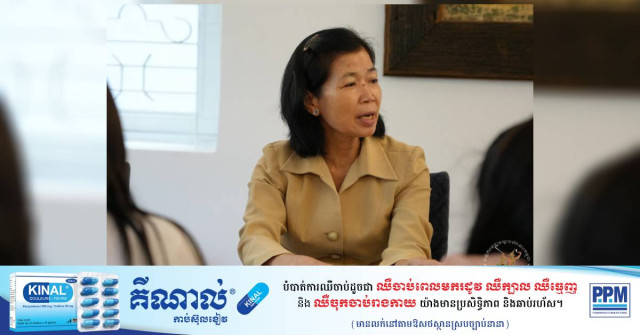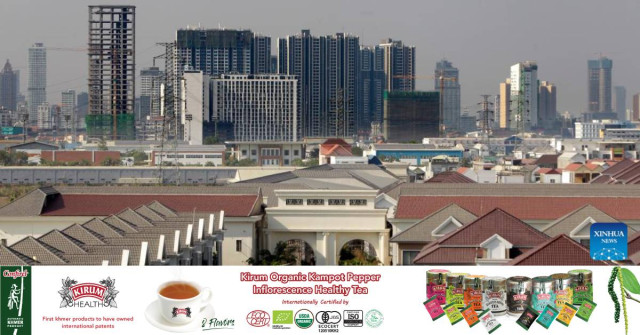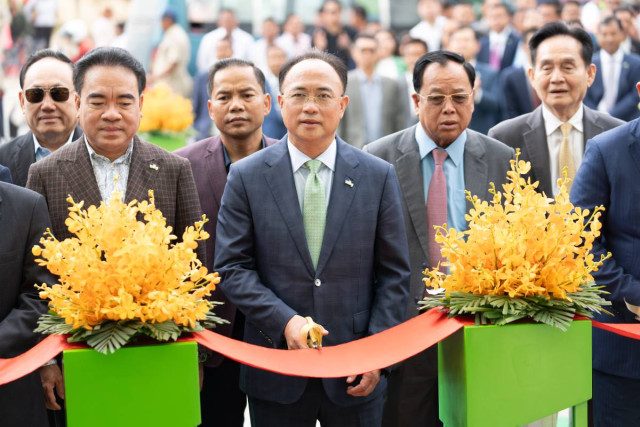A Thai National Is Recommended as Cambodia’s Next United Nations’ Human Rights Rapporteur
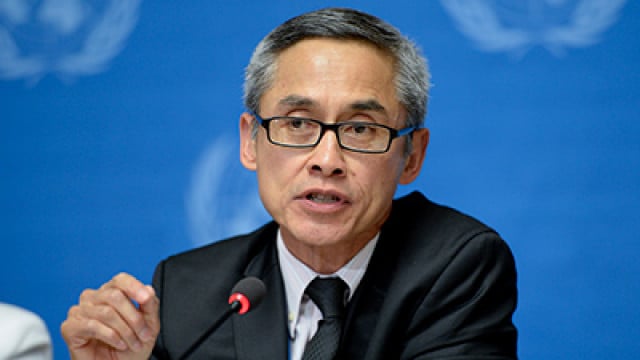
- Phoung Vantha
- February 11, 2021 12:03 PM
As the Cambodian authorities stress there should be no UN interference in the country and NGOs hope a Southeast Asian rapporteur may help improve the current situation
PHNOM PNHH--The president of the United Nations’ Human Rights Council (UNHRC) on Feb. 8 announced his recommendation for the next special rapporteur on human rights in Cambodia who is to be appointed during the council’s 46th session held Feb. 22 to March 23.
“For the position of Special Rapporteur on the situation of human rights in Cambodia, I propose for appointment Mr. Vitit MUNTARBHORN (Thailand),” writes Nazhat Shameem Khan in his letter dated Feb. 8. He would replace Rhona Smith of the United Kingdom who was appointed in March 2015.
According to the UNHRC website, Muntarbhorn obtained a graduate law degree at Oxford University in Great Britain and a degree in European law at the Free University of Brussels in Belgium, and currently teaches international law at Chulalongkorn University in Bangkok.
Awarded the UNESCO Human Rights Education Prize in 2004, Muntarbhorn has served at the UN in various capacities over the years including UN special rapporteur on the situation of human rights in the Democratic People’s Republic of Korea, and special rapporteur of the UN Commission on Human Rights on the Sale of Children, Child Prostitution and Child Pornography.
The Cambodian government’s response to this announcement was to point out that the UN rapporteur on human rights must not interfere in Cambodia’s domestic affairs.
Cambodia is ready to work with and always be involved in all UN international mechanisms on human rights based on national and international norms, said Chin Malin, spokesman for the Ministry of Justice and for the Cambodian government’s Cambodian Human Rights Committee (CHRC).
However, he said, ‘[r]egardless of who will be named Special Rapporteur on the situation of human rights in Cambodia…respect for each other's sovereignty and non-interference in the internal affairs of sovereign states [must not be ignored] under the pretext of human rights and democracy motives."
Keo Remy, president of the Cambodian Human Rights Committee, said that he had worked in close cooperation with Rhona Smith and that he intends to do the same with the next rapporteur.
Smith’s report during the 45th session of the UN Human Rights Council on Oct. 1, 2020, in which she had detailed numerous counts of human rights violations done by the Cambodian government since June 2019 had angered the Cambodian government that had rejected her findings.
Still, Remy said, addressing the next rapporteur, "[y]ou know my role and responsibilities, and I know your role and responsibilities. I'm ready to work with a newcomer." Remy also wished Smith good health and success in her new job.
The nomination of Muntarbhorn for the position of special rapporteur was well received by Khun Tharo, program manager at the labor rights group CENTRAL. Being Asian, Muntarbhorn may truly grasp the situation, culture and politics in Cambodia, he said.
“The monitoring, checking and reporting about the human-right situation, the ongoing [developments in] human rights: It depends on the political situation and state leadership,” Tharo said. “So…a special rapporteur…on the human rights situation has to understand the political situation, forms of state leadership in each country in Asia.”
Soeng Senkaruna, an investigator with the human-rights group Adhoc said that he was welcoming this person to be appointed by the UNHRC. However, he added, since the government has always rejected the UN reports, this process has not led to improving human rights and democracy in the country.
"We want to see government change its behavior to accept what the Special Rapporteur found out [in order to] restore human rights and democracy, he said. “It's not an issue of the Special Rapporteur…nationality.”






